

Tao Te Ching

Fame
It seems evident that the main or at least one of the main human motivating forces is to insatiably try to gain more respect/praise/fame. It leads soldiers to make heroic (or foolish) acts of bravery, would-be girl friends in the USA alone to spend more each year on cosmetics than the GDPs of 2/3 of the world’s countries (World Watch Institute), would-be boyfriends to lie, cheat, steal, betray; and, when these efforts for more fame become thwarted, feelings of deep despair, anger, and suicide. Embarrassing mistakes from the past become indelibly imprinted on our memories evoking shame decades after they occurred. The search for fame and positive regard imprison creativity and chain us to a conservative status quo. For this reason, Schopenhauer said his only prayer was that he not become famous before he died. Though so often ruling over both the details and main efforts of our lives, this desire is really a paper-tiger, easily seen though. As Eleanor Roosevelt pointed out, if we only realize how seldom other people think about us or care about what we do and say, we wouldn’t worry so much about it and let it be such a huge factor in our decision-making.
Quotes (83)

“I consider the positions of kings and rulers as that of dust motes. I observe treasure of gold and gems as so many bricks and pebbles.”

“Even as a solid rock is unshaken by the wind, so are the wise unshaken by praise or blame.”
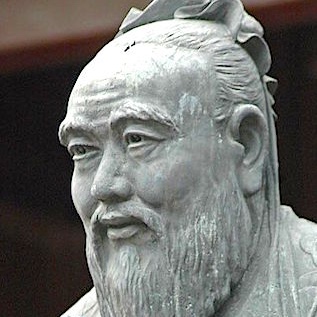
“A man loses his character through the desire for fame... in the struggle for fame, men crush each other”

“He advances yet does not seek fame,
He retreats yet does not avoid blame.
He seeks only to preserve the people.”

“For the wise, the whole earth becomes their tomb—an unwritten memorial commemorated in the hearts of humanity.”
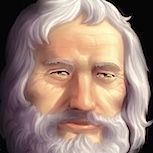
“People that seem so glorious are all show; underneath they're just like everybody else.”
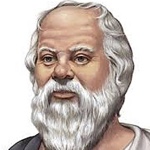
“Aren't you ashamed to care so much to make all the money you can, and to advance your reputation and prestige -while for truth and wisdom and the improvement of your soul you have no care or worry?”
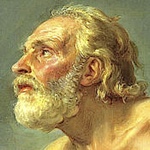
“Alexander the Great found the philosopher looking attentively at a pile of human bones. Diogenes explained, ‘I am searching for the bones of your father but cannot distinguish them from those of a slave.’”
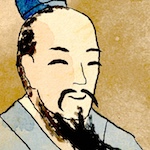
“The man of spirit hates to see people gather around him. He avoids the crowd… There is nothing to be gained from the support of a lot of half-wits who are doomed to end up in a fight with each other.”

“Fame destroys virtue and easily becomes an evil weapon, only something to beat people down with—not anything that can bring true success.”

“those who are capable of leading the world are those who have no ambition to use the world; those who are capable of sustaining fame are those who do nothing excessive to seek it.”
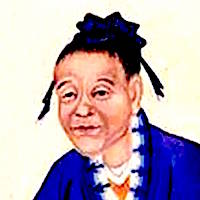
“The world has known innumerable princes and worthies who enjoyed fame and honor in their day but were forgotten after death, while Confucius, a commoner, has been looked up to by scholars for ten generations and more. From the emperor, princes and barons downwards, all in China who study the Six Arts take the master as their final authority. Well is he called the Supreme Sage!”

“The lofty pine is oftenest shaken by the winds; High towers fall with a heavier crash; And the lightning strikes the highest mountain.”
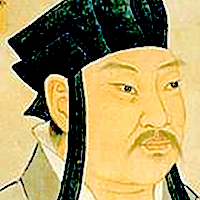
“Why rely on forms and titles? These are like games, stunts and tricks—entertaining but unimportant and meaningless.”
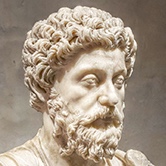
“Or is it your reputation that's bothering you? But look at how soon we're all forgotten. The abyss of endless time that swallows it all. The emptiness of those applauding hands.”

“Do everything as a disciple of Antoninus. Remember his constancy in every reasonable act, his evenness in all things, his piety, and the serenity of his countenance, and his disregard of empty fame... with how little he was satisfied, how laborious and patient, how religious without superstition.”
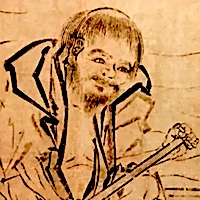
“go to places where men have no chance of seeking fame and wealth because there only can you look for disciples who are either wholly or at least half bent on the quest of truth.”
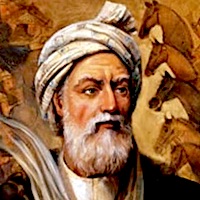
“I shall not die, these seeds I've sown will save
My name and reputation from the grave,
And men of sense and wisdom will proclaim,
When I have gone, my praises and my fame.”
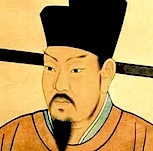
“Heroes seek fame and merchants seek wealth, even to the point of giving up their lives… But the more wealth they amass, the more they harm what they would truly enrich… The wise know the most precious thing is within themselves so they seek no wealth and encounter no trouble.”
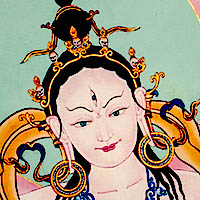
“Aren't you ashamed to care so much to make all the money you can, and to advance your reputation and prestige—while for truth and wisdom and the improvement of your soul you have no care or worry?”

“Nobody is further from true wisdom than those people with their grand titles, learned bonnets, splendid sashes and bejeweled rings, who profess to be wisdom’s peak”

“People raise themselves up on their tiptoes to see over the heards of others,but they cannot stand like ths for long.”

“The more you seek esteem, the less you obtain it... those who insist on the dignity of their office show they have not deserved it, and that it is too much for them.”

“Let no one ask a stronger mark of an excellent love to God than that we are insensible to our own reputation.”

“If you wish to obtain a great name or to found an establishment, be completely mad; but be sure that your madness corresponds with the turn and temper of your age.”
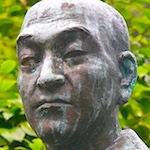
“I’ve never bothered about getting ahead… What use is there in fame and fortune? In my hut, I listen to the evening rain and stretch my legs without a care in the world.”
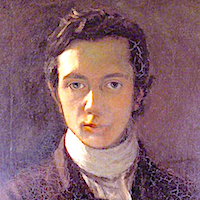
“We imagine that the admiration of the works of celebrated men has become common because the admiration of their names has become so.”

“Pride works from within; it is the direct appreciation of oneself. Vanity is the desire to arrive at this appreciation indirectly, from without.”

“Riches are like sea water: the more you drink, the thirstier you become; and the same is true of fame.”
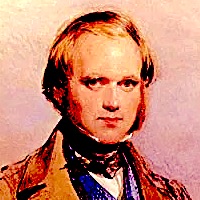
“What wretched doings come from the ardor of fame; the love of truth alone would never make one many attack another bitterly.”
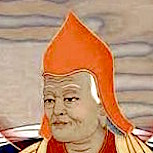
“You could construe abandoning all hope of results as being to your welfare. For example fame, renown, comfort, and happiness in this life, later happiness among gods or men, even the desire to achieve the transcendence of misery itself.”
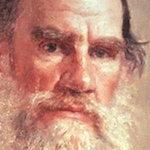
“A man is like a fraction whose numerator is what he is and whose denominator is what he thinks of himself. The larger the denominator, the smaller the fraction.”
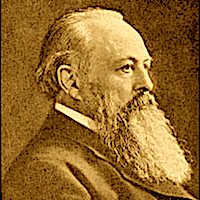
“No public character has ever stood the revelation of private utterance and correspondence.”
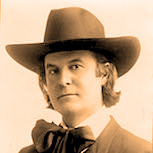
“No one wins his greatest fame in that to which he has given most of his time; it's the side issue, the thing he does for recreation, his heart's play-spell that gives him immortality.”
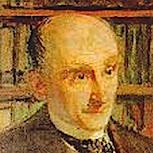
“The only cure for vanity is laughter, and the only fault that is laughable is vanity.”

“Fame, that pubic destruction of one in process of becoming, into whose building-ground the mob breaks, displacing his stones.”

“Will is of little importance, complaining is nothing, fame is nothing. Openness, patience, receptivity, solitude is everything.”

“Those of us who have acquired fame are recipients of much love and respect, and I have begun to realize that this show of affection is worthwhile and genuine and becomes problematic only when it degenerates into a personality cult... you have to act like a bishop, let people kiss your hand, and then make sure that the intended offering is forwarded to the right address.”

“What has praise and fame to do with poetry? Was not writing poetry a secret transaction, a voice answering a voice… what could be more secret, more slow, and like the intercourse of lovers?”
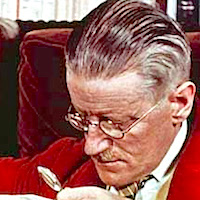
“You bowed to yourself in the mirror, stepping forward to applause earnestly”

“While fame impedes and constricts, obscurity wraps about a person like a mist. Dark, ample and free, obscurity lets the mind make its way unimpeded. They alone are free, they alone are truthful, they alone are at peace.”

“I will not be ‘famous,’ ‘great.’ I will go on adventuring, changing, opening my mind and my eyes, refusing to be stamped and stereotyped.”

“Though surely the greatest martyr of philosophy, Socrates is half a myth, and only half a man. He owes his fame as a philosopher to the creative imagination of Plato who used him as the mouthpiece of his views. How much of Platos's Socrates was Socrates, and how much of it was Plato, we shall probably never know.”

“Praise out of season, or tactlessly bestowed, can freeze the heart as much as blame.”
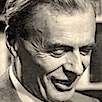
“To his dog, every man is Napoleon; hence the constant popularity of dogs.”

“No man can stand prominence these days. It's the surest path to obscurity. People get sick of hearing the same name over and over.”
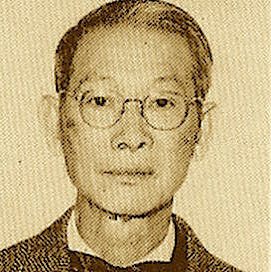
“[Taoists] not exalting worthy men of superior talent and virtue is directly opposed to that of the Confucianists who honor them”

“A celebrity is a person known for his well-knownness. Celebrities intensify their celebrity images simply by being well known for relations among themselves. Bu a kind of symbiosis, celebrities live off each other.”

“I had already learned from more than a decade of political life that I was going to be criticized no matter what I did, so I might as well be criticized for something I wanted to do.”
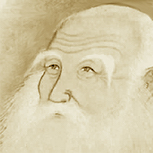
“Almost everyone struggles for fame, praise, respect; few realize the price in suffering they have to pay for these.”

“I know I had no understanding of anything. Something had just gone haywire in the country and they were applauding the song. And I couldn't understand why they were clapping, or why I wrote the song. I couldn't understand anything. For me, it was just insane.”
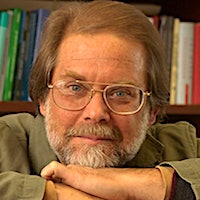
“In Western secular societies such a craving for fame and the approval of posterity has largely replaced the afterlife as the way to fill up our lack.”
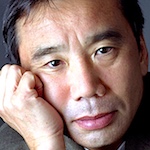
“Once you’re considered a legend, you can only trace the pattern of your rise for the rest of your life… it could be a real nightmare… I can’t think of anything more boring that that.”
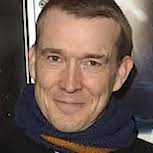
“Fame molds itself onto you face. Then it molds your face. Fame brings you immunity from the usual rules. Problem is, if fame is a drug, its hard to kick... When I had fame, fame was killing me. Now it's gone, anonymity is killing me.”

“What makes a good leader is that they eschew the spotlight… if they really cared, they wouldn’t need to publicize every time they did something.”
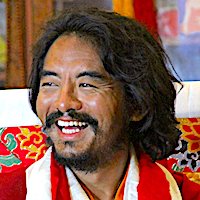
“People who have invested a sincere effort in exploring their inner wealth naturally tend to develop a certain kind of fame, respect, and credibility... Their success in the world has nothing to do with personal ambition... It stems, rather, from a spacious and relaxed state of well-being, which allows them to see people and situations more clearly, but also to maintain a basic sense of happiness regardless of their personal circumstances.”

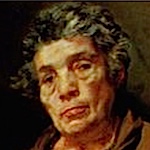

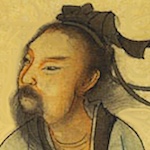

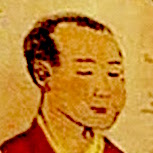
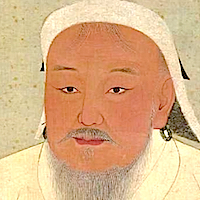
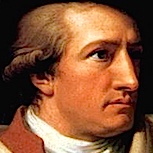
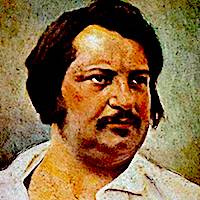
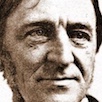


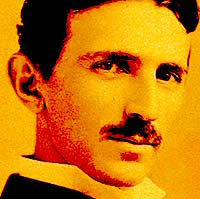
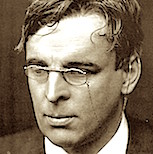
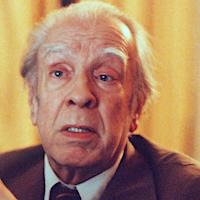


Comments (0)